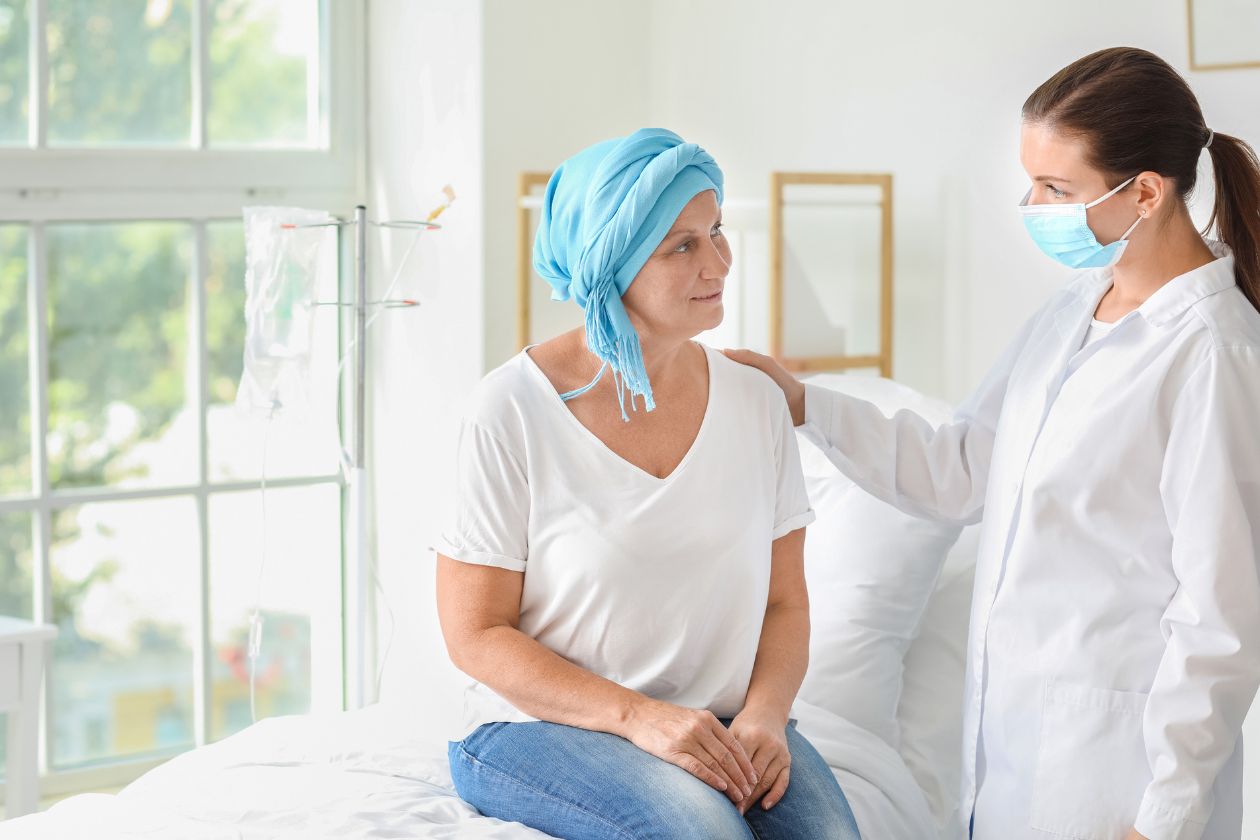Dealing with a terminal diagnosis can be frustrating and challenging to navigate. However, if you ask your doctor the right questions, you can gain some clarity on how to move forward. Here are essential questions to ask an oncologist. If you are the patient, you can ask these questions yourself. If you are a concerned loved one, you can ask these questions on behalf of the patient.
Table of Contents
What Stage Is My Cancer?
Understanding what kind of cancer you have and its stage is crucial information to know at this time. Some cancers are slow-progressing and may be at an earlier stage, allowing you more time to determine the best course of action. However, fast-progressing cancers at a later stage likely need immediate treatment and attention, and the treatment may be aggressive. It’s beneficial for you or your loved ones to ask your oncologist this question to better understand how your cancer is progressing and affecting your body. Understanding the final stages of cancer is also helpful so that you know what to expect over time if your cancer runs its course.
What Is the Plan for Treatment?
Once you have clarity about your stage of cancer, you should also ask your or your loved one’s oncologist about the treatment plan. Cancer treatment comes in a few forms, such as surgery, radiation, and chemotherapy. Different doctors may have different ideas about the best course of action and what approach to take. Therefore, it can benefit you to get a second opinion from other oncologists if you feel you need extra guidance at this time. You’ll want to fully understand the timeline of your treatment plan. For example, know when the treatment will start, how often treatment will occur, and how long each treatment will last.
What Side Effects Should I Expect?
When you know your treatment plan, you should inquire about what side effects to expect from the treatment. Radiation and chemotherapy both have significant side effects that can impact your daily life. For example, cancer treatments may cause nausea, vomiting, fatigue, appetite loss, and hair loss.
Ask your oncologist these serious questions so you know what to expect during your treatment and can prepare ahead of time. Your doctor can give you helpful tips for effectively managing these side effects so you can have a better quality of life throughout your treatment.
Now that you know important questions to ask your oncologist, you can receive more information and guidance from them. Don’t hesitate to ask as many questions as necessary to understand all the essential details.




